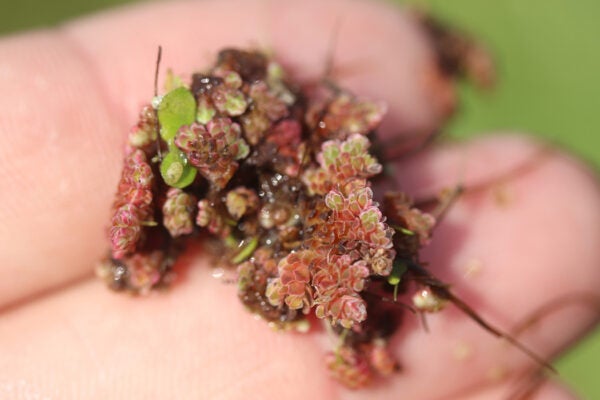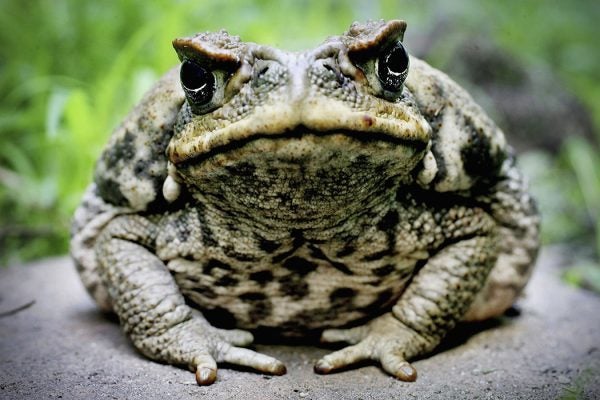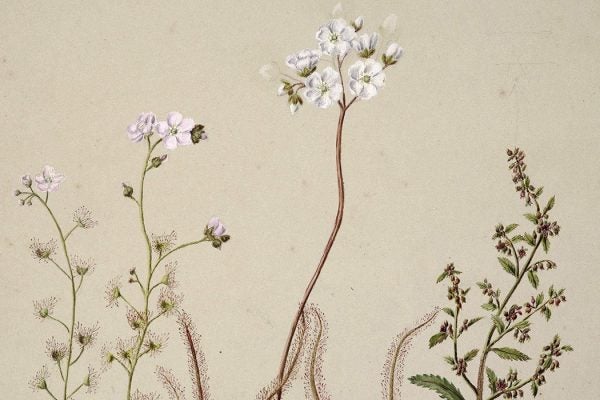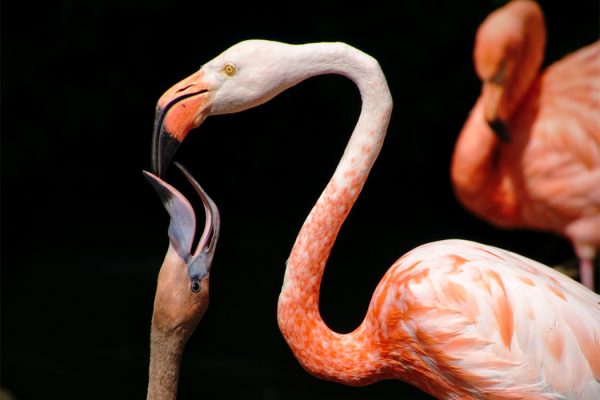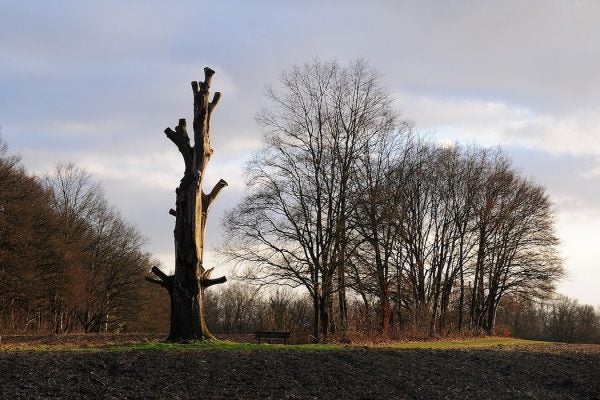Ginger, Tortie, Calico
The mystery gene responsible for orange color in cat coats has been found.
Azolla filiculoides: Balancing Environmental Promise and Peril
One of the world’s tiniest fern species, Azolla filiculoides may be one of our greatest tools for lowering agricultural pollution and greenhouse gas emissions.
Out with a Whimper
Some species go extinct obviously and fast, but just as often, the process can be hard to detect until it’s too late.
Walking Streetlamps for Hire in Seventeenth-Century London
Much in the same way we hail cabs in cities today, a medieval Londoner could hail a torch-bearer (a link-boy) to light their way home from a night on the town.
Cane Toads, Dung Beetles, and Cork Hats
Predicting the effects of introducing a species into an ecosystem is difficult. Mitigating those effects later is even more so. Just ask Australia.
Plant of the Month: Sundew
Beautiful but deadly, the carnivorous sundew has long fascinated amateur and expert botanists alike—and may possess untapped medicinal value.
Plant of the Month: Venus Flytrap
The carnivorous plant, native to the Carolinas, has beguiled botanists and members of the public alike since the eighteenth century.
How Non-Mammals “Nurse” Their Young
Some birds feed their young with "crop milk," while discus fish feed their fry with a special mucus. It may not seem as cute as nursing, but it works.
Why Do Some People Have Curly Hair and Others Straight?
Either environmental or sexual selective pressure began acting on hair after humans began dispersing out of Africa.
What’s Killing European Trees?
Soil fungi supply nutrients to trees, but as they wither from pollution, trees suffer too.

